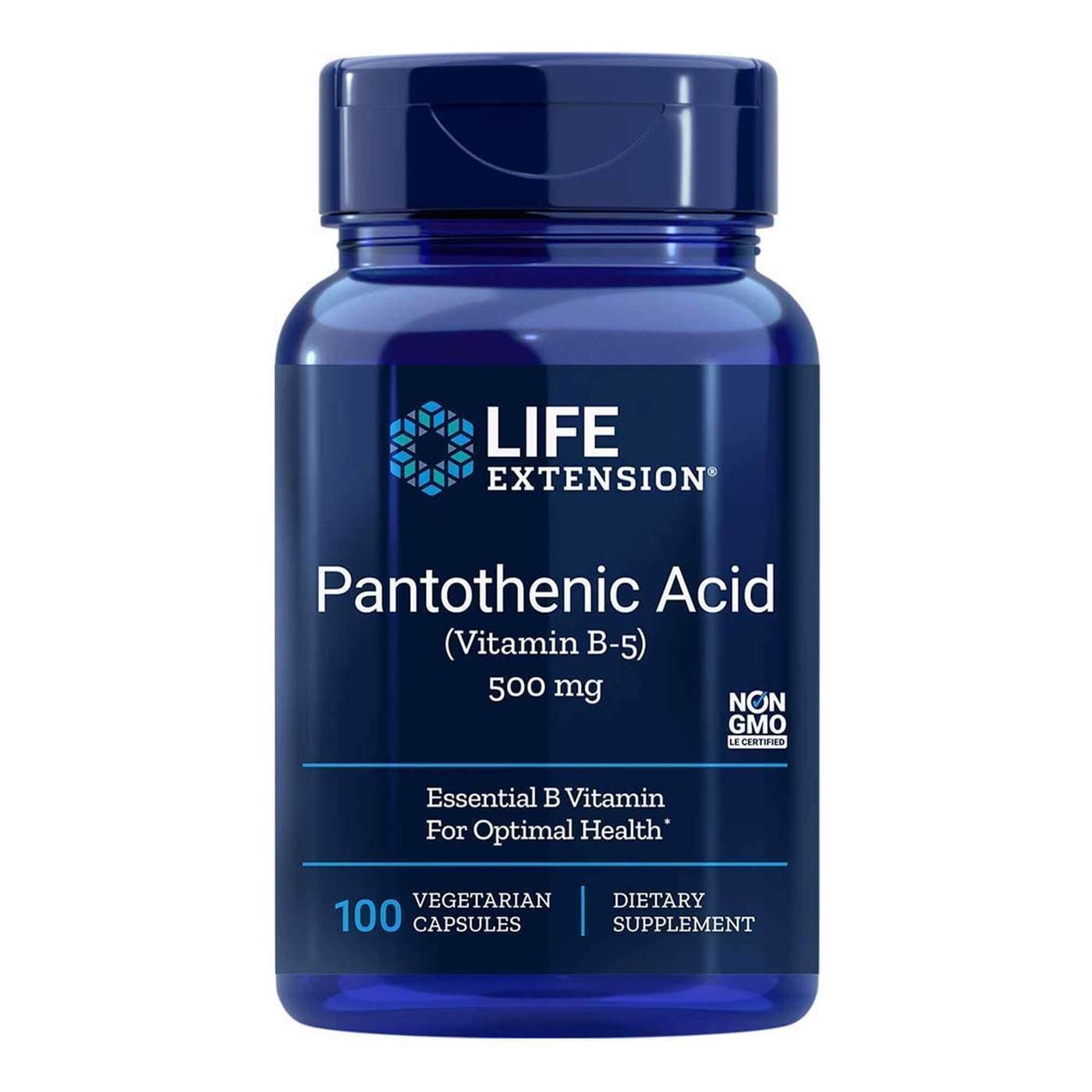Pantothenic Acid
The water-soluble vitamin pantothenic acid, also known as vitamin B5, is crucial for the synthesis of certain lipids and proteins as well as for the metabolism of energy.Several foods, including meats, poultry, fish, whole grains, legumes, and nuts, contain pantothenic acid. Additionally, it is offered as a supplement.Many bodily processes, including the following, depend on pantothenic acid:- Production of energy: Pantothenic acid participates in the Krebs cycle, which transforms food into energy.Pantothenic acid aids in the body's ability to synthesize proteins and lipids.- Production of hormones: Pantothenic acid is essential for the synthesis of adrenal hormones such as testosterone and cortisol.Although rare, pantothenic acid deficiency can cause symptoms like fatigue, muscle weakness, and


 Rated Excellent by 26,523+ Reviews
Rated Excellent by 26,523+ Reviews